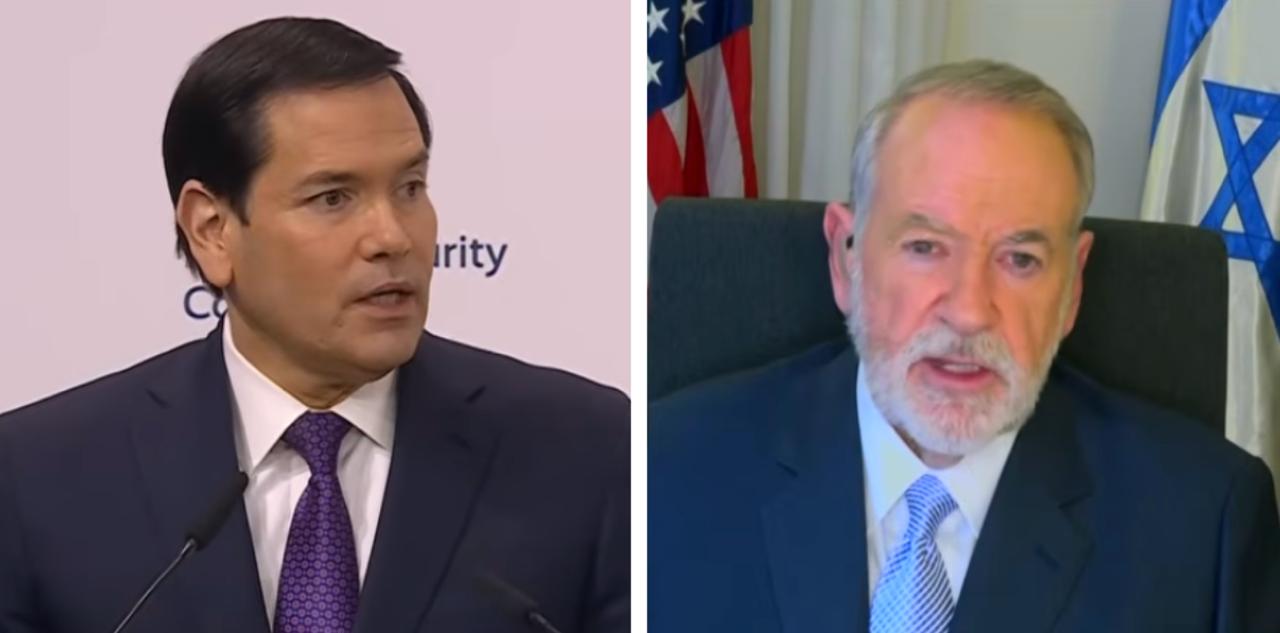"I usually hate this cliche, but this is the closest thing we have to a ticking time bomb," a senior US counterterrorism official told Politico. "If Turkey doesn't get these attacks on the [Syrian Democratic Forces] halted, we could have a massive jailbreak on our hands."
The Turkish-backed Syrian National Army (SNA) made significant progress in the territory of the US-backed Kurdish-Syrian Democratic Forces (SDF) following the fall of Syrian President Bashar al-Assad's regime. The SDF is currently holding 9,000 ISIS soldiers and 50,000 others in detention centers that are inadequately secured, according to Politico. US officials informed the outlet that a resurgence in the terrorist group could occur if an army-sized ISIS force is released from detention if the SNA attacks do not cease.
The prisons were intended to be temporary while the SDF coordinated the extradition of the fighters to their home countries. However, Politico reports that their home countries are hesitant to repatriate them. Joseph Votel, a retired general who led US Central Command's fight against ISIS between 2016 and 2019, told the publication: "This is essentially a terrorist army in detention."
He added, "I am very concerned."
A rebel group led by the Islamic terrorist organization Hayat Tahrir al-Sham (HTS) overthrew Assad; some SNA forces were part of the larger group. Experts told the Daily Caller News Foundation that the region is in a very unstable scenario due to the abrupt emergence of HTS and Russia's declining influence in the area.
According to Politico, the SDF chief Mazloum Abdi is seeking to expand the ceasefire that the US assisted in mediating between the SNA and SDF over the city of Manbij in northern Syria. The United States has 900 troops in Syria, and the SDF has long battled alongside them against ISIS.
State Department spokesperson Matthew Miller said the US has engaged with the SDF and Turkey about a path forward: "We don't want to see any party take advantage of the current unstable situation to advance their narrow interest at the expense of the broader Syrian national interest."





